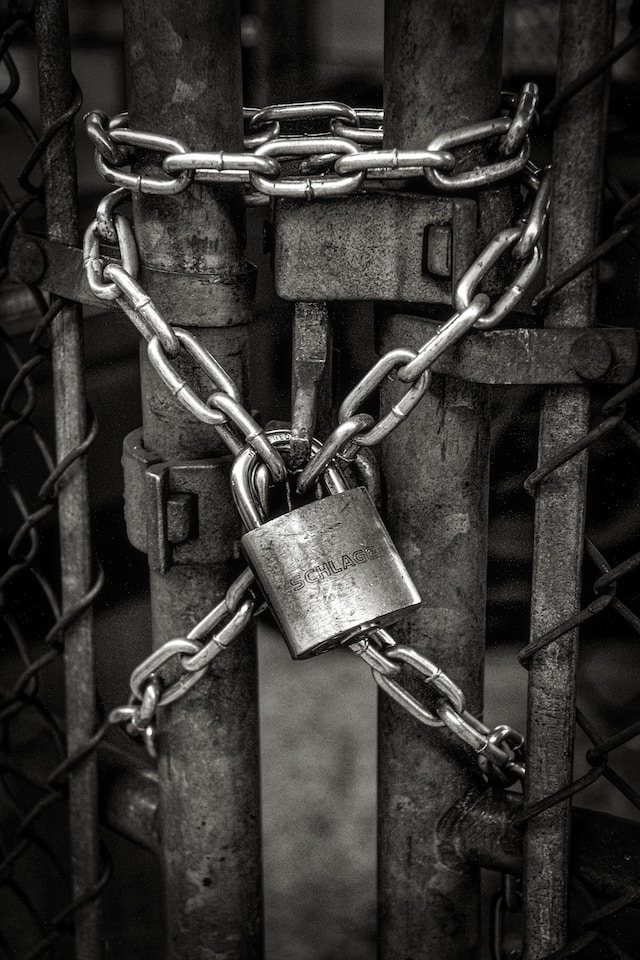Internet connectivity has become an essential part of our lives. From work to entertainment, the internet is the backbone of everything we do. However, at times, we may face issues with our internet connectivity, and it can be frustrating. In this article, we will discuss some of the common internet connectivity issues and how to troubleshoot them.
Check Your Internet Connection
The first step in troubleshooting internet connectivity issues is to check your internet connection. Make sure that your router is turned on and that your device is connected to it. If you are using a Wi-Fi connection, make sure that you are connected to the correct network. You can also try restarting your router or modem, as this can often resolve connectivity issues.
Check Your Network Settings
If your internet connection seems to be working, but you are still experiencing issues, you may need to check your network settings. Go to your device's network settings and make sure that everything is set up correctly. Make sure that your IP address and DNS server settings are correct, and that your device is configured to obtain an IP address automatically.
Check Your Firewall Settings
Your firewall can also cause internet connectivity issues. If you have a firewall enabled, make sure that it is not blocking your internet connection. You can try temporarily disabling your firewall to see if this resolves the issue.
Check Your Cables
If you are using a wired internet connection, make sure that all of your cables are connected properly. Check that your Ethernet cable is plugged into your router or modem and that it is securely connected to your device. If your Ethernet cable is damaged or worn, you may need to replace it.
Check Your Wi-Fi Signal
If you are using a Wi-Fi connection, your internet connectivity issues may be due to a weak signal. Check the signal strength of your Wi-Fi network and try moving closer to your router. You can also try resetting your router to see if this improves your Wi-Fi signal.
Check Your Network Traffic
If you are experiencing slow internet speeds, it may be due to network traffic. Check the number of devices connected to your network and make sure that no one is downloading large files or streaming high-quality videos. If you have a lot of devices connected to your network, you may need to upgrade your internet plan.
Check Your Internet Service Provider
If you have tried all of the above steps and you are still experiencing internet connectivity issues, it may be due to your internet service provider (ISP). Contact your ISP and ask them to run a diagnostic test on your connection. They may be able to identify and resolve any issues with your connection.
Internet connectivity issues can be frustrating, but there are several steps you can take to troubleshoot and resolve them. Check your internet connection, network settings, firewall settings, cables, Wi-Fi signal, network traffic, and your internet service provider. By following these steps, you should be able to identify and resolve most internet connectivity issues.
Contact us by phone or email if you own or manage a business in the West Palm Beach vicinity and need professional IT support and cybersecurity assistance. We're here to help.



